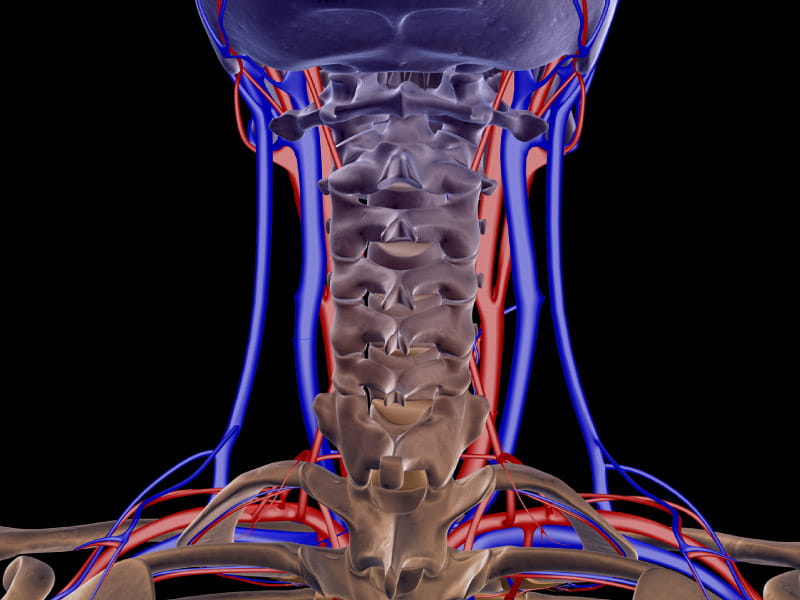
7 things to know about how stroke is different for women
May 22, 2024
Stroke risks, symptoms and outcomes are not always the same for women and men.

May 22, 2024
Stroke risks, symptoms and outcomes are not always the same for women and men.

May 6, 2024
A more personalized screening method may better predict potentially life-threatening preeclampsia, allowing women at risk to take preventive measures, new research suggests.

Apr 24, 2024
Black women with good heart health showed little decline in mental processing during a 20-year study.

Apr 17, 2024
Women make the vast majority of medical decisions for a family, often at the expense of their own health. It doesn't have to be this way, experts say.

Apr 11, 2024
For Black Maternal Health Week, we look at how a growing body of evidence suggests standardizing treatment protocols can narrow racial disparities in maternal care.

Mar 21, 2024
Women with a history of adverse pregnancy outcomes are at higher risk for future cardiovascular disease. But lifestyle and other changes can reduce that risk, new research suggests.

Mar 12, 2024
Experts say good physical and mental health are critical to a healthy pregnancy. Yoga is one way to achieve both.

Mar 4, 2024
Heart disease was once considered a man's disease. Dr. Nanette Wenger changed that. But the 93-year-old cardiologist says her work is not yet done.

Feb 22, 2024
Cervical artery dissection is a common cause of stroke in younger people, according to a new report that comes on the heels of research showing cases may be rising.

Feb 19, 2024
Good – or bad – heart health begins early in life. Most teens have healthy hearts, but that doesn't mean they're not at risk. The experts weigh in.